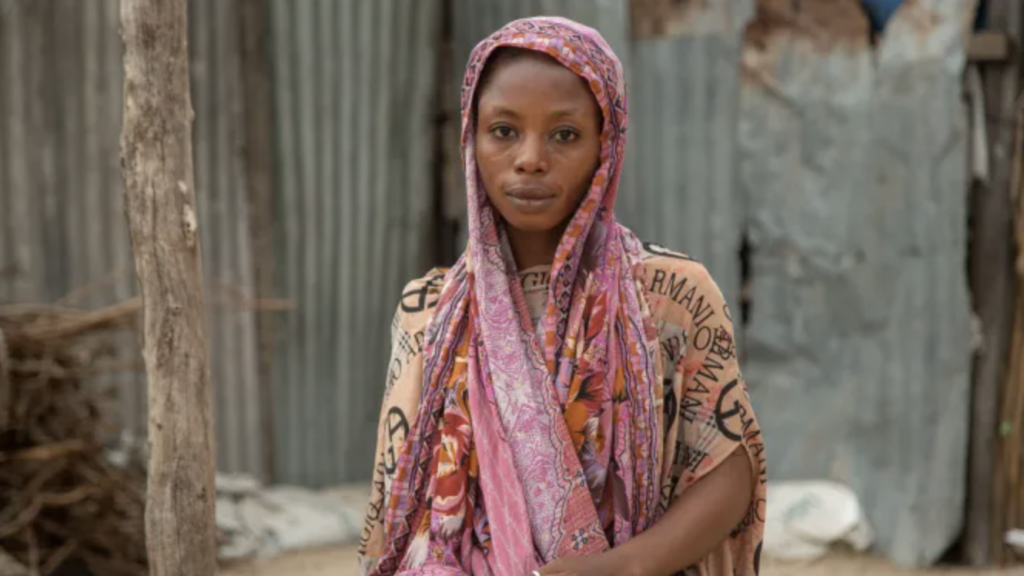Global Christian Relief, a religious freedom advocacy group, has developed a new database that tracks attacks on Christians and people of faith in real time, bringing advocates and government officials information more quickly and shedding light on the state of global persecution.
Launched on Jan. 5, the “Violent Incidents Database” (VID), updates and compiles religious freedom violations as they occur. The online tracker allows users to search incidents of anti-sectarian violence by country, region, religion, and perpetrator.
“We live in a world where the violent persecution of Christians and other religious groups is rampant and increasing,” explained Ronald Boyd-MacMillan, chief of global strategy and research for Global Christian Relief, in a Jan. 4 press release.
“This database,” he said, “not only helps us track the violence but helps us better understand what persecuted Christians really need from their brothers and sisters around the world.”
Currently, the database lists thousands of incidents of persecution that occurred in just the last year in all parts of the globe.
Each incident includes a summary of what happened and information on how many were killed or harmed, when and where it took place, who was responsible, and more. Each listing also includes the source of the information.
David Curry, president and CEO of Global Christian Relief, told CNA that despite the rise in attacks against Christians, “we still live in a world where many deny that there is such a thing as the persecution of Christians.”
“Providing searchable data and facts in a transparent, accessible way helps combat that misconception,” he explained, adding that “there is a desperate need to have more data in this area, and at Global Christian Relief we want to make this information available to all so that the persecuted can be served by all groups who seek to help them.”
Though other religious freedom violation databases exist, Curry said that VID is the “first and only events-based religious freedom database, which means that incidents are vetted and added to the dataset as they occur.”
The fact that VID is “continually updated” as events occur “helps give us a real-time snapshot of the state of global persecution against Christians and people of faith,” Curry said.
“We also use these research materials to build up our profile of what persecuted Christians really need to be strengthened,” he continued. “It connects us with the needs of the persecuted in a greater way. We hope journalists, advocacy groups, and government officials, anyone concerned with violent religious persecution, will see this as a valuable resource.”
How are attacks documented?
Curry said that “once an incident is recorded publicly, in a news story for example, the International Institute for Religious Freedom, which conducts the ongoing research for the database for us, will vet the information.”
Then, he said, the database is “updated in real time as new incidents are reported.”
To be included, Curry said that an incident “must be recorded in publicly accessible sources.”
VID is particularly useful because it “tracks data for all religious groups, including Christians, which many other religious freedom datasets fail to do.”
Curry also said that “whenever possible” VID also tracks the religions of the perpetrators, adding more context to the incidents.
Limitations
Nina Shea, director for religious freedom at the Hudson Institute, told CNA that though she believes Global Christian Relief is a reliable and sound group, the database’s reliance on self-reporting means that “no doubt many killings are missed.”
According to Shea, databases “in general don’t give analysis as to [the] motive for the killing or the context that helps identify the perpetrator. Therefore, it’s impossible to assess its data and say which killings are actually cases of religious violence.”
She said that databases often fail to identify perpetrators and label them as “gunmen” or “some other similar term,” instead of as persecutors.
She said that this “is part of the State Department’s problem in recognizing religious persecution in Nigeria,” despite religious freedom advocacy groups recognizing Nigeria as one of the most dangerous countries in the world for Christians.
Where is the persecution the worst?
Curry told CNA that based on the data compiled by VID, Nigeria is “by far the country where Christians are most likely to be killed for their faith.”
He said that other particularly concerning data found by VID is that India is “the country where Christians are most likely to be displaced” and that China is where “Christians are most likely to be arrested.”
Lastly, Curry said that Nicaragua has “closed the most churches since 2022.”

